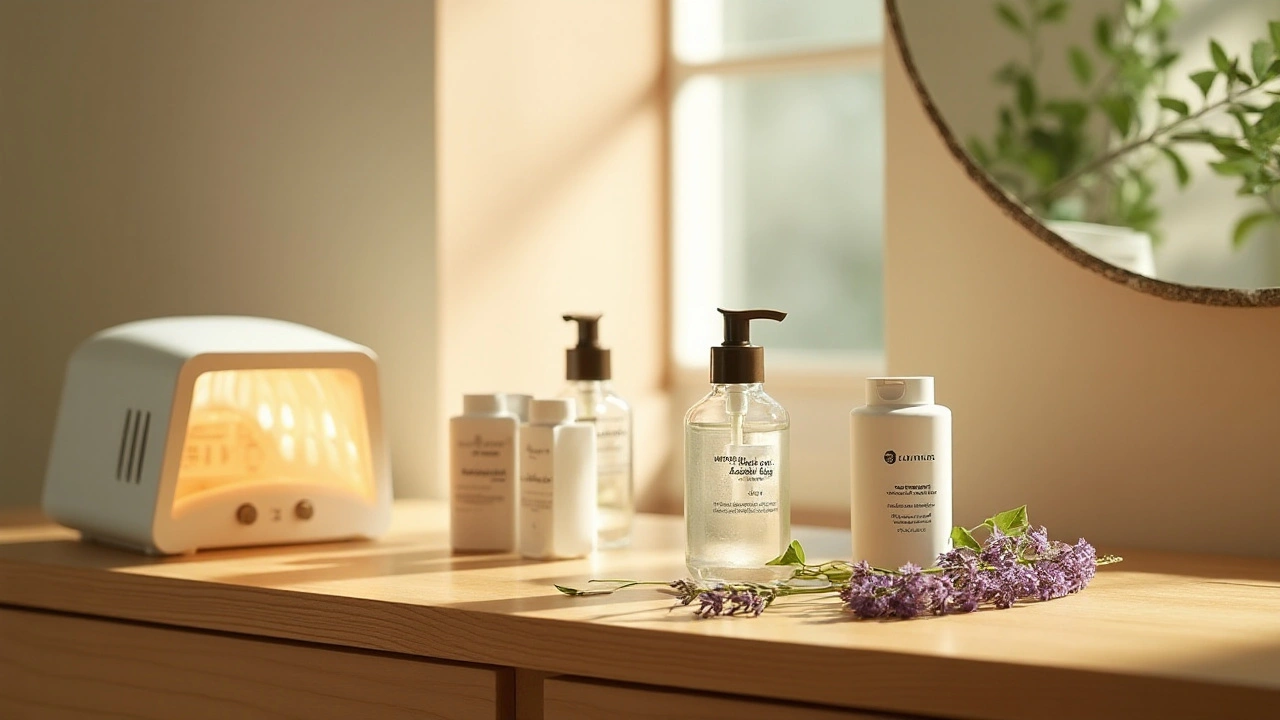Discover the top 9 alternatives to Isotroin for acne treatment in 2024, each offering unique benefits and drawbacks. Whether you prefer non-invasive therapies like Photodynamic and Blue Light Therapy or topical treatments like Salicylic Acid and Benzoyl Peroxide, there's an option that can fit your skincare routine. Learn about the pros and cons of each method, ensuring informed decision-making for effective acne management. This guide can help you navigate through various choices tailored to different skin types and conditions.
Isotroin alternatives: safer options for acne
Isotroin (oral isotretinoin) can clear severe acne, but many people need other options. Maybe you can’t take it because of pregnancy risk, side effects, or personal choice. This page lists realistic alternatives, what they do, and when they make sense.
Main medical alternatives
Topical retinoids like tretinoin, adapalene, and tazarotene reduce clogged pores and improve skin texture. They work slower than oral isotretinoin but are safer for pregnancy when used carefully and under advice. Combine them with benzoyl peroxide for better bacterial control.
Oral antibiotics such as doxycycline and minocycline lower inflammation and bacterial growth. They help moderate inflammatory acne but are not a long-term fix because of resistance risk. Dermatologists usually prescribe a few months then switch to maintenance therapy.
Hormonal treatments suit people with acne linked to hormones. Combined oral contraceptives and spironolactone reduce oil production and flare-ups. Spironolactone is helpful for adult women with persistent acne, but it isn’t recommended for pregnancy.
Procedural and adjunct options
Light and laser therapies, chemical peels, and microdermabrasion give faster results for some types of acne and scarring. These procedures can be paired with topical or oral meds to boost outcomes. They require multiple sessions and can be costly.
Chemical peels with salicylic or glycolic acid unclog pores and smooth skin. For inflammatory lesions, in-office treatments like cortisone injections can reduce size and pain quickly. For scarring, dermal fillers and microneedling are common choices.
Low-dose or pulse oral isotretinoin is another option for those worried about side effects. Lower doses may control acne with fewer side effects, but this approach still needs medical monitoring and contraception advice for people who can get pregnant.
Topical antibiotics and benzoyl peroxide can be effective for mild to moderate acne. They work best when combined with a retinoid and consistent skin care. Over-the-counter adapalene is now widely available and is a good starter retinoid.
Diet and lifestyle changes can help some people. Reducing high-glycemic foods, dairy for sensitive individuals, and managing stress may lower breakouts. Good sleep, regular washing of pillowcases, and avoiding heavy makeup also matter.
Choosing the right alternative depends on acne type, severity, health history, and goals. A dermatologist will balance effectiveness against risks like antibiotic resistance, hormone effects, and pregnancy safety. Talk openly about side effects you worry about.
If you can’t use Isotroin, don’t panic. Many effective routes exist. Start with a clear plan: identify your acne pattern, try a suitable topical or hormonal option, and add procedures if needed. Regular follow-up keeps treatment on track and reduces surprises.
Monitoring matters: blood tests, pregnancy tests, and liver checks are standard when using strong acne meds. If you choose alternatives, ask which tests you need and how often. Get a treatment timeline with clear milestones so you know when to expect improvement. Keep photos to track progress. If you see worsening irritation or any worrying symptoms, contact your provider promptly. Finding the right plan takes time; patience, photos, and clear communication speed safe, steady progress.

